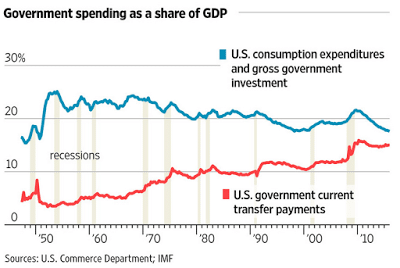The Week in Review: Sluggish Home Starts, Higher Existing Home Sales
Mixed data on housing surfaced this week as existing home sales saw a surprising upstart even as weak new home buying caused fear about homebuilders’ long-term profitability. Existing home sales rose by 5.1% in March, according to a new study by the National Association of Realtor (NAR). The NAR said higher activity in the Northeast and Midwest, historically weak regions after the 2009 Global Financial Crisis, helped drive overall sales higher.




